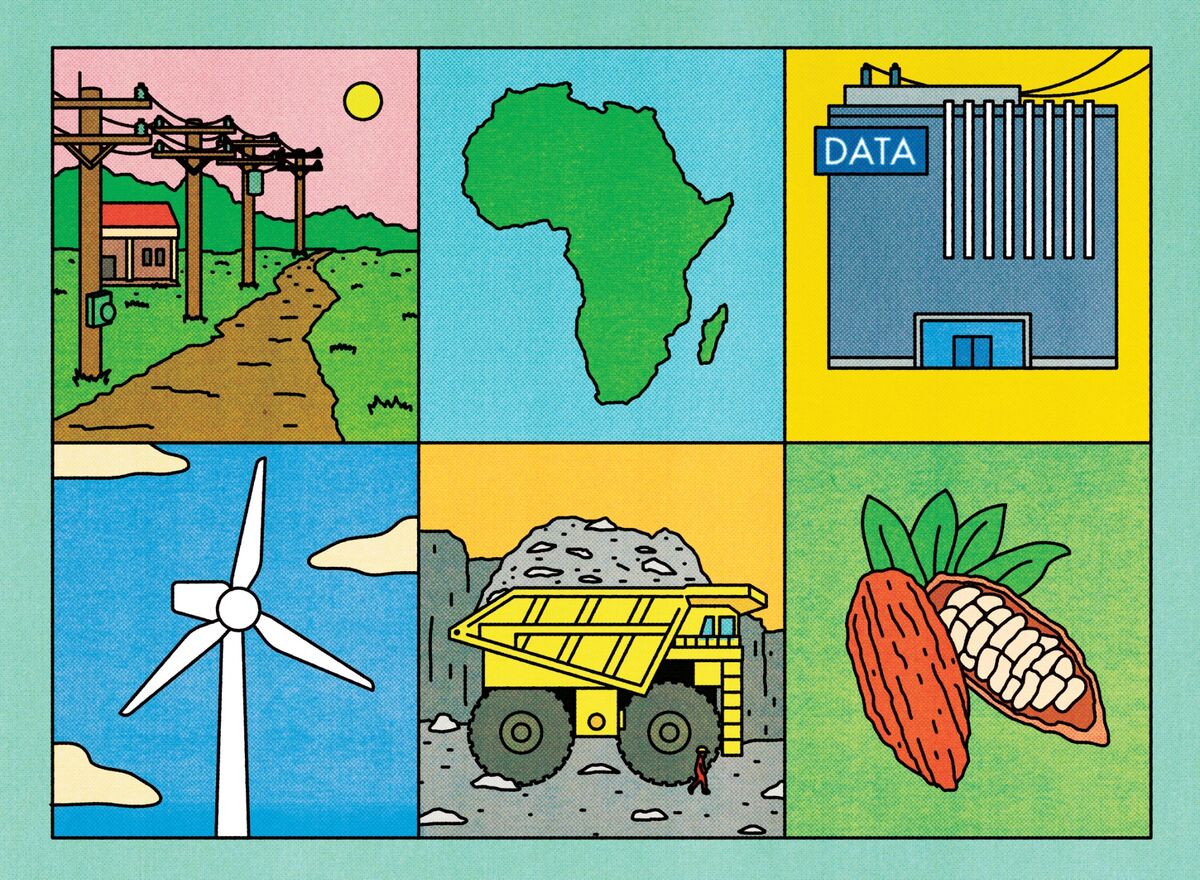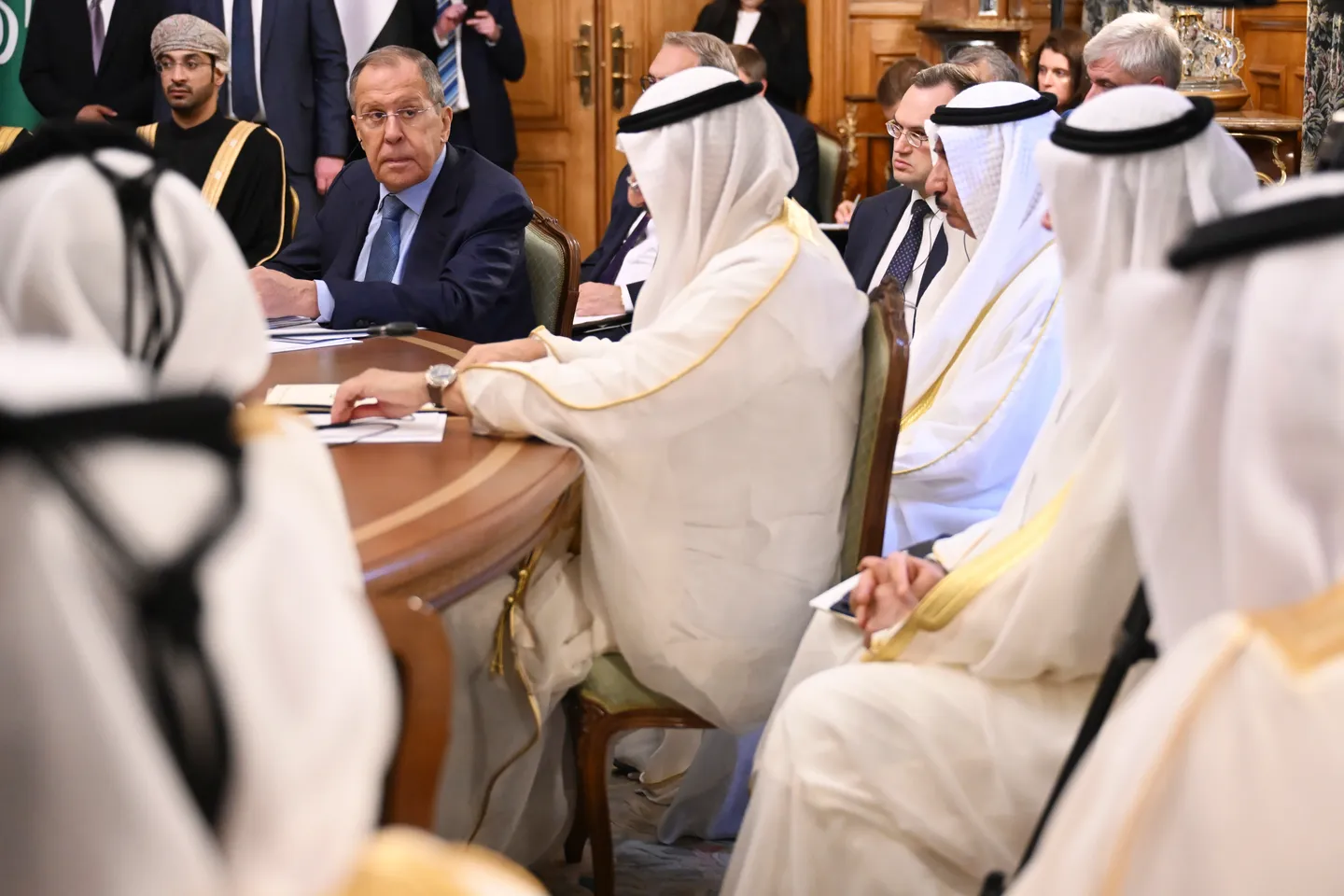Energy Markets

Turkey Unveils $4B Islamic Finance Initiative for Energy Independence

Turkey is launching a landmark $4 billion sukuk (Islamic bond) issuance through its state energy company, TPAO, representing the nation's largest Islamic finance initiative in the energy sector. This ambitious funding strategy aims to dramatically increase domestic energy production and establish Turkey as a more significant player in regional energy markets. The capital will finance a comprehensive development program focusing on major expansion projects.
The core of this development program involves three key areas: a massive expansion of natural gas production in the Black Sea's Sakarya field, the optimization of southeastern oil fields, and the growth of TPAO's international portfolio. The Sakarya field alone is targeted to increase output from 9.5 million cubic meters per day to 45 million cubic meters per day by 2028, a nearly fivefold increase critical to reducing Turkey's reliance on energy imports.
To manage this large-scale issuance, TPAO established a dedicated subsidiary, TPAO Varlik Kiralama, to ensure compliance with Islamic finance principles. The sukuk structure differs from conventional bonds by having investors participate in the underlying asset performance, aligning their returns with the project's success. This five-year issuance is strategically timed to capitalize on Turkey's improved sovereign credit environment and lower borrowing costs.
The international investor targeting strategy focuses on key financial centers for Islamic finance, with roadshows in London, Abu Dhabi, and Dubai. This approach aims to attract capital from Gulf Cooperation Council sovereign wealth funds and specialized European institutional investors, leveraging the growing interest of Gulf financial institutions in the Turkish market.
Beyond the Black Sea gas project, the financing will also support a 64% production increase in the southeastern Gabar oil field, raising output from 15.2 million to 25 million barrels by 2028. This involves partnerships with U.S. firms like Continental Resources to leverage advanced drilling and hydraulic fracturing technologies for unconventional reserves.
The initiative is positioned within a broader geopolitical and economic strategy to enhance Turkey's energy security and economic sovereignty. By leveraging its geographic position and diversifying its energy portfolio internationally across countries like Azerbaijan, Iraq, and Russia, Turkey aims to manage risk and build a more resilient energy sector.
The success of this $4 billion sukuk is expected to set a benchmark for future Turkish corporate issuances and deepen the country's integration with Middle Eastern capital markets. It represents a strategic shift towards innovative financing mechanisms to fund a transformative energy independence agenda, with long-term implications for its current account balance and industrial competitiveness.












